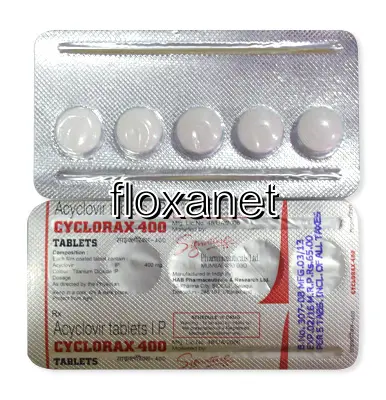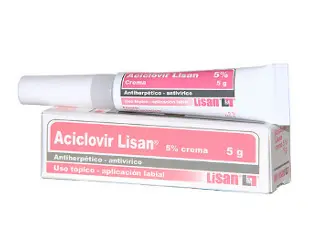| Package | Dosage | Price | Price per Dose | |
|---|---|---|---|---|
| Dosage: 5g | ||||
| 5 tube | 5g | CAD64.37 | CAD12.88 | |
| 3 tube | 5g | CAD39.75 | CAD13.26 | |
| 1 tube | 5g | CAD15.13 | CAD15.13 | |
| Dosage: 10g | ||||
| 3 tube | 10g | CAD56.80 | CAD18.94 | |
| 1 tube | 10g | CAD20.81 | CAD20.81 | |

Acyclovir Description
Introduction to Acyclovir
Acyclovir is a well-known antiviral medication widely used to treat infections caused by herpes viruses. It belongs to the class of nucleoside analogs, specifically designed to interfere with viral DNA replication. This medication is commonly prescribed for managing outbreaks of herpes simplex virus (HSV) and varicella-zoster virus (VZV), which causes chickenpox and shingles.
How Acyclovir Works
Once administered, acyclovir is converted inside infected cells into its active form, acyclovir triphosphate. This active compound mimics the building blocks of DNA, leading to premature chain termination during viral DNA synthesis. As a result, the virus's ability to replicate and spread is significantly reduced. The selective targeting of infected cells helps minimize damage to healthy tissues, making acyclovir an effective and relatively safe treatment option.
Uses and Indications
Acyclovir is most commonly used to treat initial and recurrent episodes of herpes infections. It effectively reduces the severity and duration of symptoms, such as pain, itching, and blisters. Additionally, it is used as a preventive measure in immunocompromised individuals, such as those undergoing chemotherapy or organ transplant recipients, to decrease the risk of outbreaks. The medication also plays a crucial role in managing shingles, helping to reduce postherpetic neuralgia and hasten rash healing.
Administration and Dosage
The dosage of acyclovir depends on the severity of the infection and the patient's overall health. It can be administered orally in tablet form, applied as a topical cream for localized lesions, or given intravenously in severe cases. It is important to adhere to the prescribed schedule and dosage instructions to maximize effectiveness. For oral use, taking the medication with plenty of water is recommended to ensure proper absorption and reduce potential kidney-related side effects.
Potential Side Effects
While generally well tolerated, acyclovir may cause side effects in some individuals. Common adverse reactions include nausea, headache, and diarrhea. Less frequently, users may experience dizziness, confusion, or skin rash. Rare but serious side effects include kidney impairment and neurotoxicity, especially in patients with pre-existing kidney issues or those taking high doses. Monitoring kidney function during treatment is advisable, particularly in vulnerable populations.
Considerations and Precautions
Patients with kidney problems should consult their healthcare provider before starting acyclovir. Adequate hydration helps prevent renal complications. Pregnant and breastfeeding women should discuss the benefits and potential risks with their doctor, as acyclovir crosses the placenta and is excreted in breast milk. It's also important to inform your doctor about other medications being taken to avoid possible drug interactions. Though resistance to acyclovir is rare, it can develop in immunocompromised patients, which may necessitate alternative treatments.
Conclusion
Overall, acyclovir remains a cornerstone in antiviral therapy against herpes and varicella infections. Its proven efficacy and generally manageable safety profile make it a reliable choice for both acute episodes and prophylactic use. Proper adherence to prescribed guidelines enhances treatment success and reduces the risk of complications. As always, consultation with a healthcare professional is essential to determine the most appropriate treatment plan tailored to individual needs.
See Also

